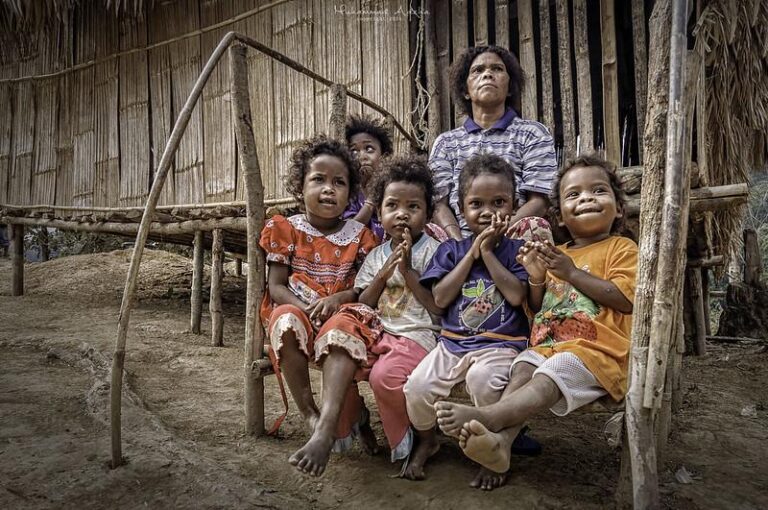Introduction
Poverty is a pervasive issue affecting many communities worldwide, and the Orang Asli in Malaysia are among the most marginalized groups. The Orang Asli consist of various indigenous tribes, each with its own culture and traditions. Understanding their unique challenges is essential for addressing their needs.
The Historical Context
To understand the current poverty levels among the Orang Asli, one must consider their historical background. Colonial policies and land alienation significantly disrupted their traditional lifestyles. This historical context plays a crucial role in the socio-economic struggles they face today.
Impact of Land Dispossession
Land is vital for the Orang Asli’s livelihood, yet many have lost access to their ancestral lands. The encroachment of agriculture and logging industries has further marginalized their communities. This loss of land not only affects their income but also threatens their cultural identity.
Economic Challenges
The economic situation of the Orang Asli is dire, with many relying on subsistence farming and foraging. Limited access to education and vocational training perpetuates the cycle of poverty. Efforts to enhance their economic opportunities are necessary for sustainable development.
Health and Well-being
Poverty among the Orang Asli also manifests in poorer health outcomes. Lack of access to healthcare services and adequate nutrition further exacerbates their plight. Their health issues are often neglected, leading to higher rates of chronic diseases.
Government Initiatives and Solutions
The Malaysian government has implemented various initiatives aimed at addressing the plight of the Orang Asli. However, many of these programs often fall short of their goals due to a lack of community involvement. Engaging with the Orang Asli in decision-making processes is crucial for the success of these initiatives.
The Role of NGOs
Non-governmental organizations (NGOs) have also played a significant role in providing support to the Orang Asli communities. Efforts by organizations highlight the importance of education and economic development. For more information on the Orang Asli and their circumstances, visit this link.
Conclusion
Understanding poverty among the Orang Asli in Malaysia requires a multifaceted approach. Addressing their socio-economic challenges is vital for ensuring a better future for these indigenous communities. Collaboration between government, NGOs, and the communities themselves can pave the way for meaningful change.

